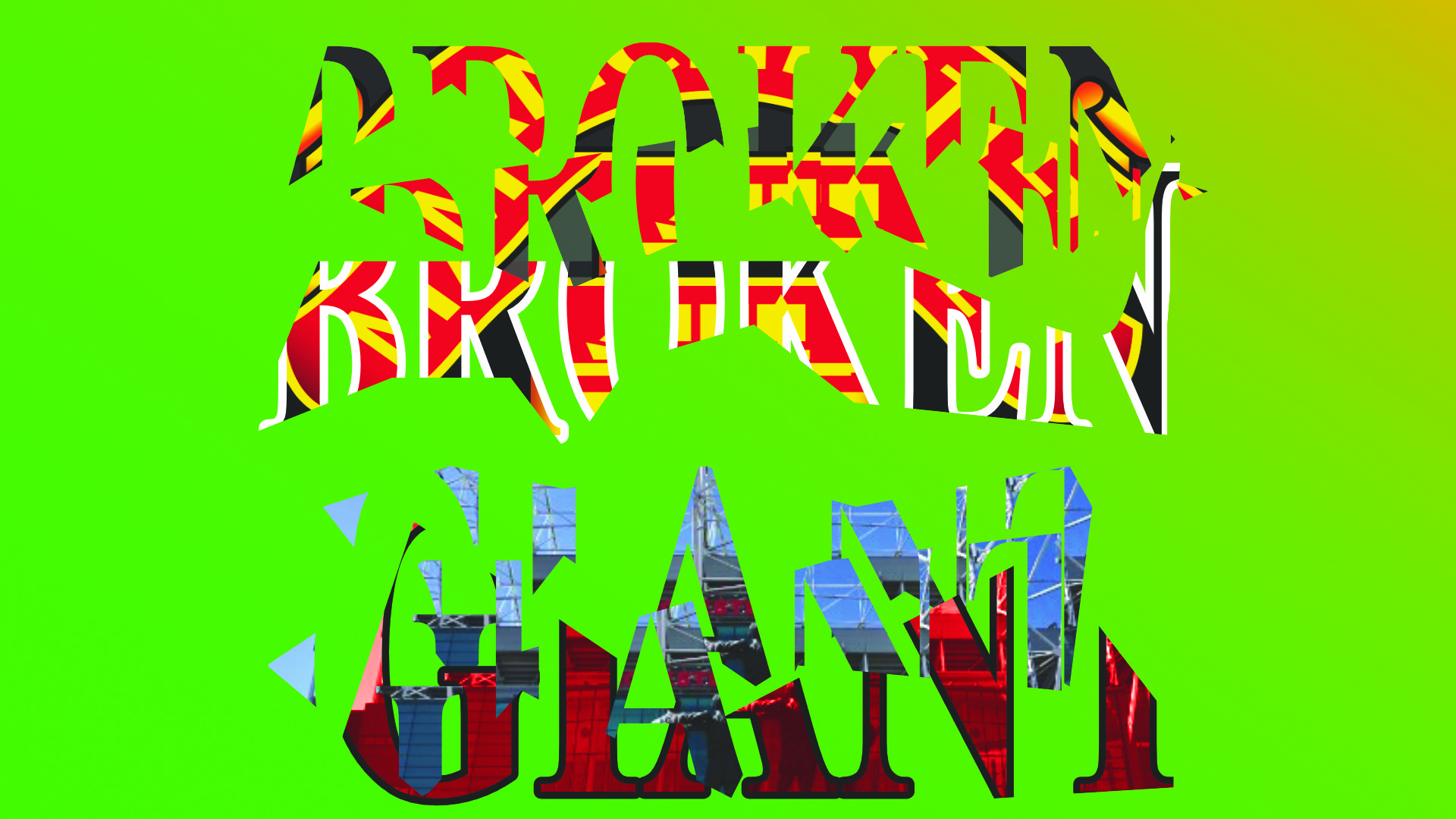A Broken Giant - The United Problems
A broken giant is never a good thing, giant means bigger and stronger and a broken giant cannot get up to things that they normally can do and this is referred to as Manchester United. A club that is commercially rich but with broken infrastructures highlights the United problems. Problems that have caused erosion and embarrassments, and these problems are rooted in the core foundations of the club from the grounds to the senior management positions within the club.
Manchester United as a football club has not been estranged to mishaps, deaths and struggles but the club has always remained resilient and strong by navigating its operations to meet the needs of its stakeholders especially the fans. The triumph of the Busby Babes in the 1960s with European glory brought the club to the global stage and cemented its fortune until the Munich disaster pushed the club back to its perils. The Munich disaster will always remain as the dark days of the club and those people who lost their lives will always be remembered as patrons and ambassadors to this great club. The ingenuity of George Best and the tactical prowess of Sir Matt Busby brought glory to the club with their 1968 European Cup success against Benfica.
The 1970s and 1980s brought on-field disasters as the club recorded their lowest points tally in the league and relegation battles became their favourite types of battles. The financial successes were hampered and the players were gone due to the poor football performances. The football culture was diminishing compared to what the Busby Babes created in the 1960s. The relegation in the 1970s changed the club’s fortune and it taught the club a lesson to focus on the football activities rather than off the pitch activities.
The Ferguson era brought the club to the greatness that Sir Matt Busby had achieved in the past and it brought the club back to its winning ways. Over two decades of domination in the English Premier league and European football, Manchester United became a global football elite club. Sponsorships flooded in and investors paid attention to the money-making machine at United. United being bought was imminent then it all happened in the early parts of 2000s when the club was purchased by the Glazer family.
The end of Ferguson's era saw a turning point for United and highlighted problems that Ferguson brushed under the carpet for almost a decade. The depleted squad and the ambitions started to show when Moyes was replaced by Ferguson and this led to years of turmoil that would continue for years to come. Spending billions on highly rated players that did not fit the mould of play at Trafford and buying Ronaldo for shirt sales highlighted the problems even further. The United Problems continue and this problem will not stop even though the Glazers family wants to sell the club. United needs a profound rebuild and a robust change management which would bring a good structure that could bring dynamics to the on-field activities that would lead to commercial success.
The focus must shift from the commercial landscapes to a football approach where all the resources should be used to rebuild the stadium and facilities that could make the first team a force in world club football again. The United Problems deepen and sorting these problems will not be an overnight task as it will take a long time to solve but the trajectory is looking promising and the United problems could all go away in a decade. Although Erik Ten Hag is slowly changing the culture of the footballing side at the club and making tough decisions to bring a good feel at United; the Glazers' problems still make this club a broken club. It doesn't matter who comes in as the new owner of the club, the philosophy and culture must change to make this club a football colossus again.



